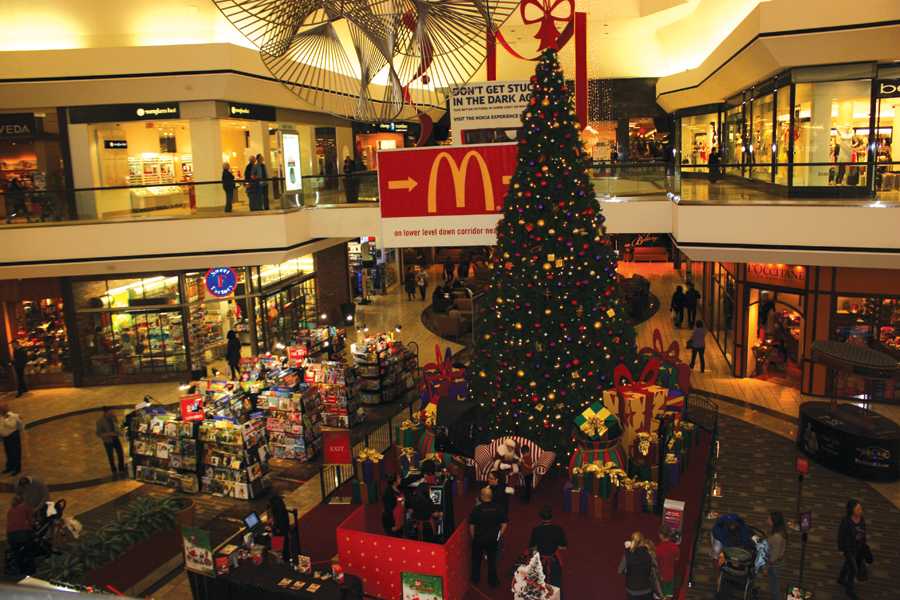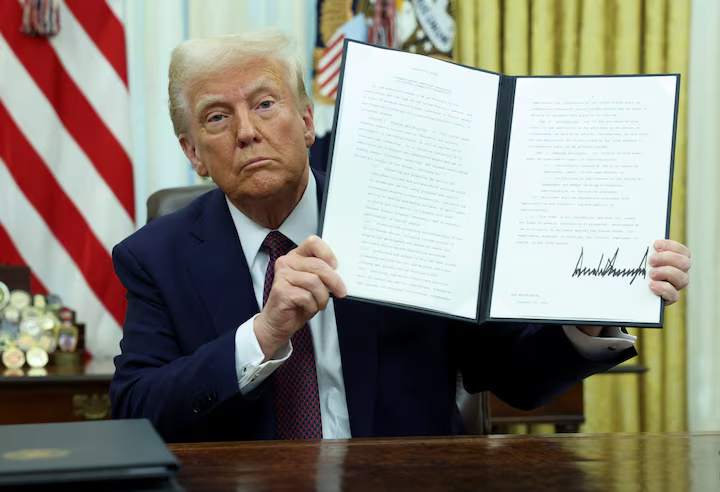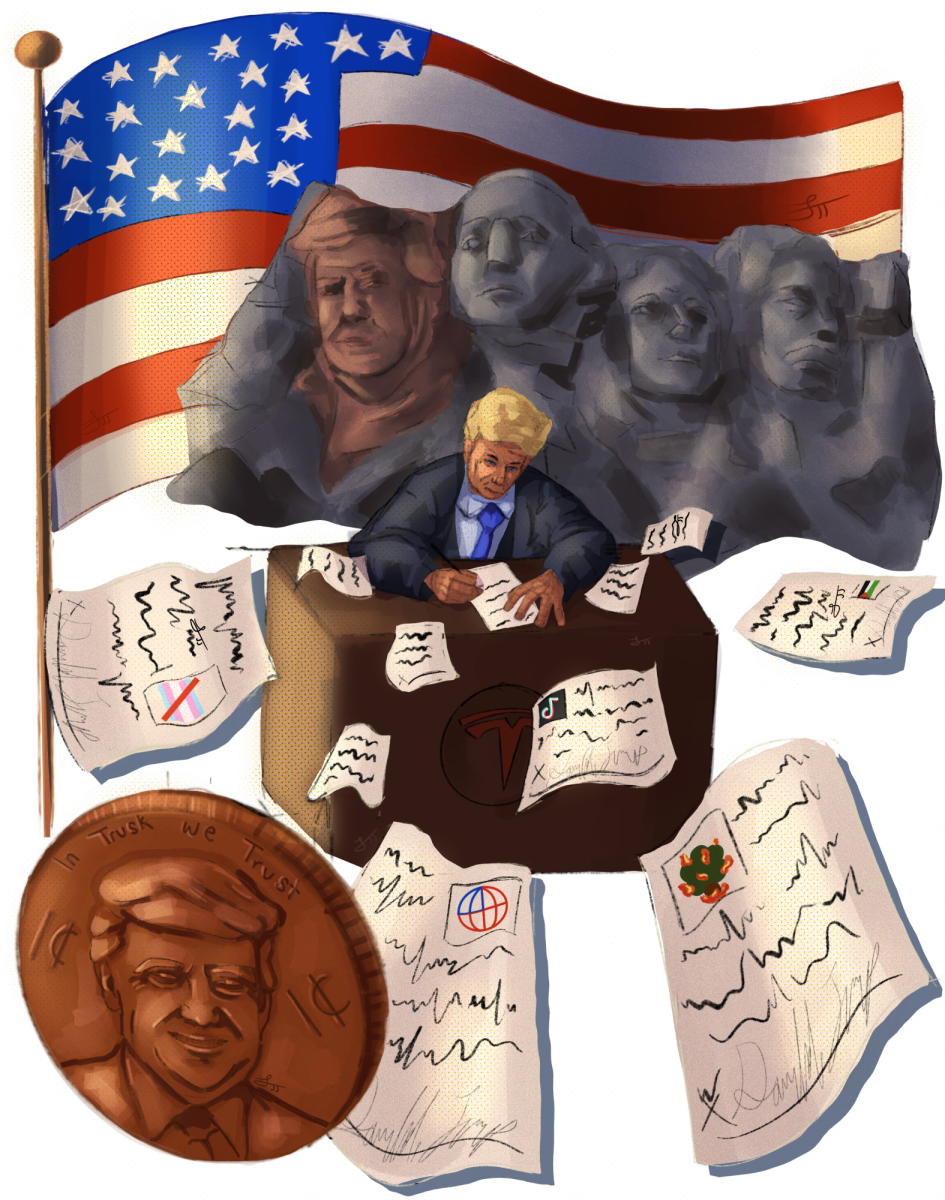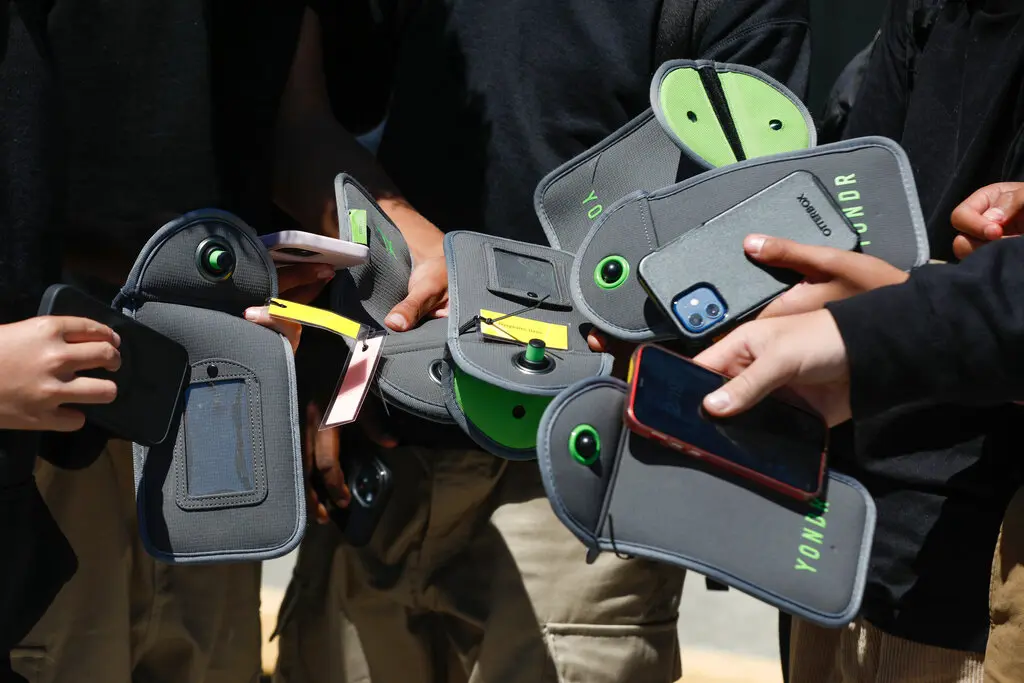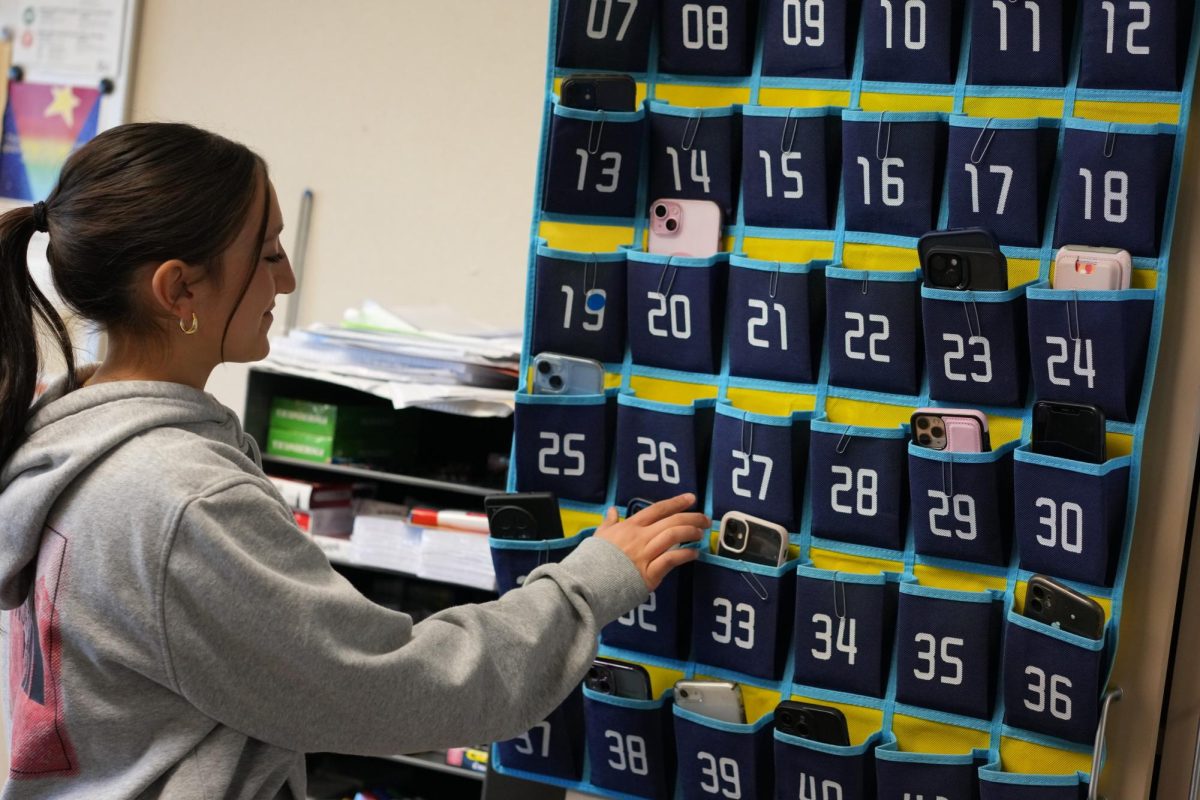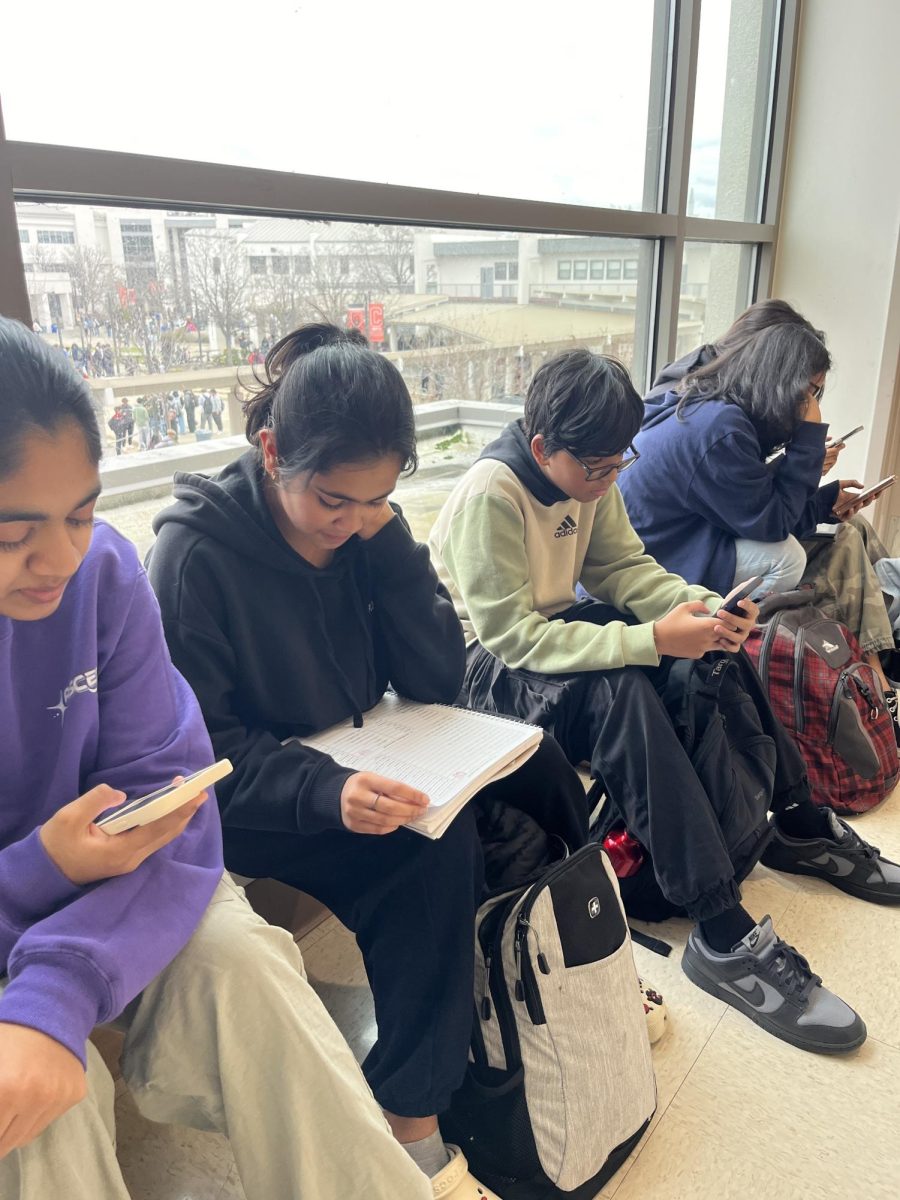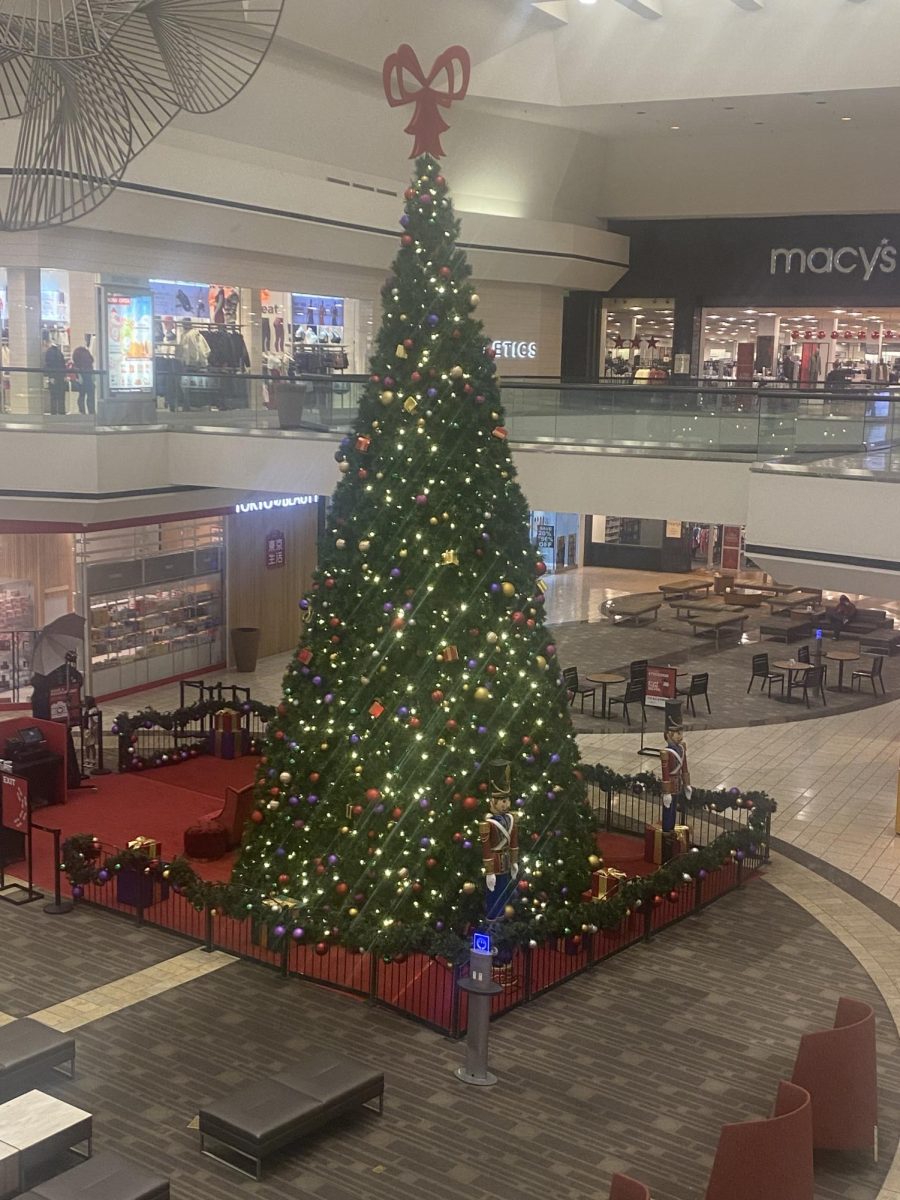From Christmas trees, presents, lights, and reindeer to pictures with Santa and drinking eggnog, any child born in America feels the holiday spirit at around them this time of year.
It can certainly be said that one does not have to be Christian to believe in the holiday season. The many people of America who aren’t Christian have their own way of celebrating Christmas.
Senior Wyatt Miskel is an atheist. His mother’s side of the family is Catholic, and his father’s side of the family is Jewish. Despite his family diversity, he has the average American Christmas, with presents and a tree.
Miskel doesn’t believe that Christmas conflicts with his atheist beliefs.
“I think it’s fine to celebrate Christmas, and you have to be respectful of other people’s beliefs,” Miskel said, “We celebrate Christmas every year, it’s a tradition.”
Many families partake in Christmas because it identifies as an American cultural holiday instead of a religious one.
This is reflected in a celebration of Christmas throughout America’s diverse society, from the special Christmas-themed coffees at Starbucks to Santa-encrusted boxes of cereal in Chinatown.
When junior Pulith Silva first moved to the U.S. from Sri Lanka in second grade, Christmas symbolized a new beginning to him.
“It felt good, because I had moved to a new country and celebrated new traditions,” said Silva. “We had a Christmas tree, and gave each other presents.”
Although Christmas was a new beginning for Silva, it was also something very alien.
“I would see things like Christmas lights, and I would get confused,” Silva said.
A Buddhist, Silva is one of the many people who celebrates Christmas without religious context.
“I really don’t go to church or anything,” Silva said. “In my family it’s more tradition now.”
For Americans like Silva, Christmas is a time of celebration that often symbolizes a fresh start to a new year.
People of every religion come together to celebrate the holidays. Junior Petra Reyes has a Catholic father and a Jewish mother. She celebrates both Christmas and Hanukkah.
Reyes said she leans toward Judaism, but she also attends Christmas mass in Spanish.
Reyes doesn’t feel as if there is a clash of religion during the holiday season.
“Both my parents celebrate the holiday culture,” said Reyes.
On the subject of a religious Christmas versus a cultural one, junior Kirsten Trout has basically become a commercial, gift-exchange, holiday.
This reflects in millions of dollars in yearly Christmas profits, and the inception of programs such as layaway, and holiday store credit.
Culture does appear to serve a better context for the holidays instead of religion.
Senior, Humna Naseer’s entire family is Muslim. She also celebrates Christmas.
“We have a tree, I get presents in the morning, I see my family and they all come over,” said Naseer. “I make cookies, we eat, and I play poker with my dad.”
Just likes Reyes, Naseer doesn’t feel as if her beliefs are compromised by Christmas.
“We’re just celebrating His (Jesus Christ’s) birthday,” said Naseer.
It’s evident in America, families of multiple religious beliefs put their differences aside when in the holiday spirit.
Freshman Claire Segal’s family is Jewish. Her parents celebrated Christmas and Hanukkah when they were younger. Segal celebrates it too even though she is not very religious, she just likes to relish in the holiday spirit.
“We have both a menorah and a Christmas tree,” said Segal.
Freshman Radeen Shemirani is from a Muslim family.
He’s been celebrating Christmas all of his life.
“We celebrate Christmas because my mother and father grew up in England, and when they came to the U.S.” they continued to celebrate it,” said Shemirani.
